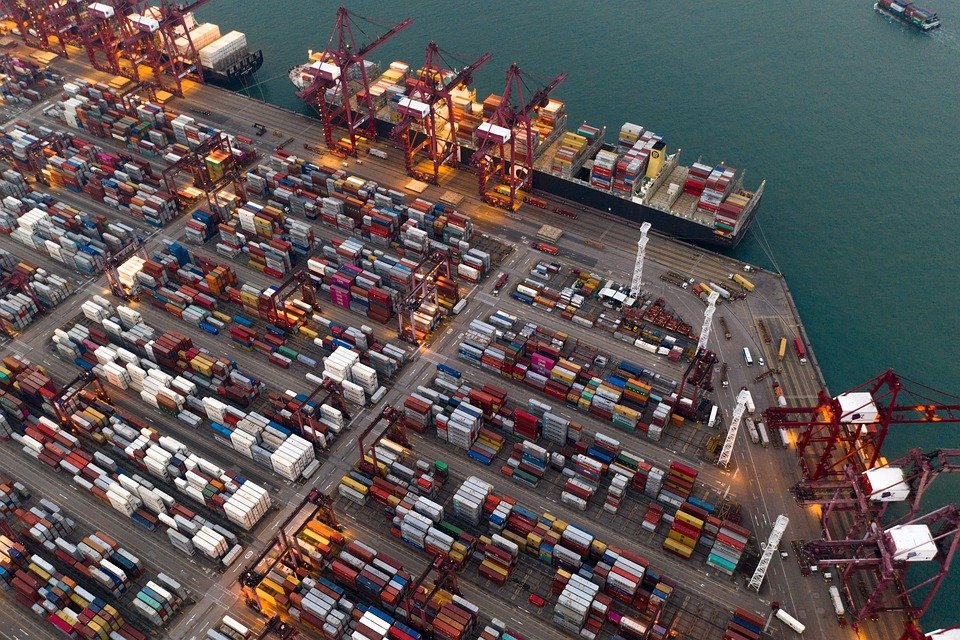Gross Domestic Product (GDP) growth is a key indicator of a country’s economic health and prosperity. While there are many factors that can influence GDP growth, global factors play a significant role in shaping the trends of economic growth for countries around the world.
One of the primary global factors influencing GDP growth trends is global trade. International trade is a significant driver of economic growth for many countries, as it allows for the exchange of goods and services across borders. Countries that engage in high levels of global trade tend to see higher levels of economic growth, as they are able to access new markets and sources of revenue. However, global trade can also be a double-edged sword, as it can expose countries to risks such as trade wars, tariffs, and economic sanctions that can have a negative impact on GDP growth.
Another key global factor influencing GDP growth trends is foreign direct investment (FDI). FDI occurs when a company or individual from one country invests in businesses or assets in another country. FDI can help stimulate economic growth by creating jobs, boosting infrastructure development, and increasing productivity. Countries that attract high levels of FDI tend to see a positive impact on their GDP growth rates. However, like global trade, FDI can also pose risks, such as capital flight, political instability, and economic dependency on foreign investors.
Global economic conditions also play a significant role in influencing GDP growth trends. Factors such as commodity prices, exchange rates, interest rates, and inflation rates can all have a direct impact on a country’s economic performance. For example, a decline in commodity prices can have a negative impact on the GDP growth of countries that are heavily reliant on exports of commodities such as oil, gas, or minerals. Likewise, a rise in inflation rates can erode consumer purchasing power and lead to lower levels of economic growth.
Geopolitical factors also influence GDP growth trends on a global scale. Political instability, conflicts, and sanctions can disrupt economic activities and deter foreign investment, leading to slower GDP growth rates. On the other hand, peace treaties, political reforms, and regional cooperation agreements can help boost economic growth by creating a stable and conducive environment for businesses to thrive.
In conclusion, global factors play a crucial role in shaping the GDP growth trends of countries around the world. While global trade, FDI, economic conditions, and geopolitical factors can all have a significant impact on economic performance, it is essential for policymakers to carefully monitor and manage these factors to ensure sustainable and inclusive economic growth for their countries. By understanding and responding to global factors influencing GDP growth trends, countries can better position themselves to navigate the challenges and opportunities of the global economy.




